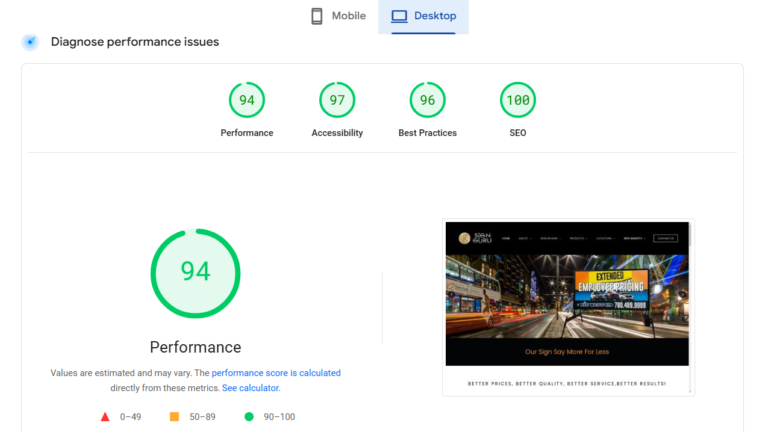In the digital era, local businesses must embrace search engine optimization (SEO) to remain competitive and thrive. SEO is the practice of optimizing your online presence to improve visibility in search engines like Google, especially for searches related to your business’s location. For local businesses, it’s an essential tool for driving traffic, attracting customers, and boosting sales. Here’s why SEO matters for your local business and how to implement it effectively.
1. Enhancing Local Visibility
Local SEO ensures your business appears prominently in local search results. For example, when someone searches for “coffee shop near me” or “best plumbers in [city],” businesses with optimized local SEO are more likely to appear at the top of the results. This increased visibility can lead to more foot traffic, calls, and inquiries.
2. Reaching Mobile Users
With the rise of mobile usage, many people search for local businesses on their smartphones. Local SEO optimizes your business to appear in mobile-friendly search results, ensuring potential customers can find you easily while on the go.
3. Building Trust Through Reviews
Online reviews are a critical component of local SEO. Positive reviews not only improve your ranking on platforms like Google Maps but also establish trust with potential customers. Encouraging satisfied customers to leave reviews can significantly impact your reputation and SEO performance.
4. Cost-Effective Marketing
Compared to traditional advertising methods, local SEO offers a cost-effective way to reach your target audience. By focusing on people already searching for services or products you offer, local SEO ensures your marketing efforts are more targeted and efficient.
How to Implement Local SEO for Your Business
1. Claim Your Google Business Profile
Google Business Profile (formerly Google My Business) is the foundation of local SEO. Ensure your profile is complete with accurate information, including your business name, address, phone number, hours of operation, and website link. Add high-quality images and regularly update your profile to keep it fresh.
2. Optimize for Local Keywords
Identify keywords relevant to your business and location, such as “Italian restaurant in [city]” or “home repair services near [location].” Use these keywords in your website content, meta descriptions, and blog posts to increase your chances of ranking for local searches.
3. Encourage Online Reviews
Ask satisfied customers to leave reviews on Google, Yelp, and other relevant platforms. Respond to reviews—both positive and negative—to show you value customer feedback and engagement.
4. Create Location-Specific Content
Develop blog posts, articles, or videos that cater to your local audience. For instance, a landscaping company might write about seasonal gardening tips specific to the region.
5. Build Local Backlinks
Partner with other local businesses or organizations to earn backlinks. This not only boosts your SEO but also strengthens your connection to the local community.
6. Ensure Mobile Friendliness
Make sure your website is mobile-friendly. Test it for fast loading speeds and easy navigation on smartphones and tablets.
Benefits of Local SEO
- Increased traffic: Local SEO helps attract more visitors to your website and physical location.
- Better conversion rates: By targeting local customers actively searching for your services, you’re more likely to convert leads into paying customers.
- Higher ROI: With its targeted approach, local SEO offers a higher return on investment compared to other marketing strategies.
Conclusion
Local SEO is a powerful tool that can transform your business by making it more accessible and appealing to local customers. By optimizing your online presence for local search, you can build trust, drive traffic, and stay ahead of competitors. Start implementing these strategies today to ensure your business thrives in your community and beyond.




